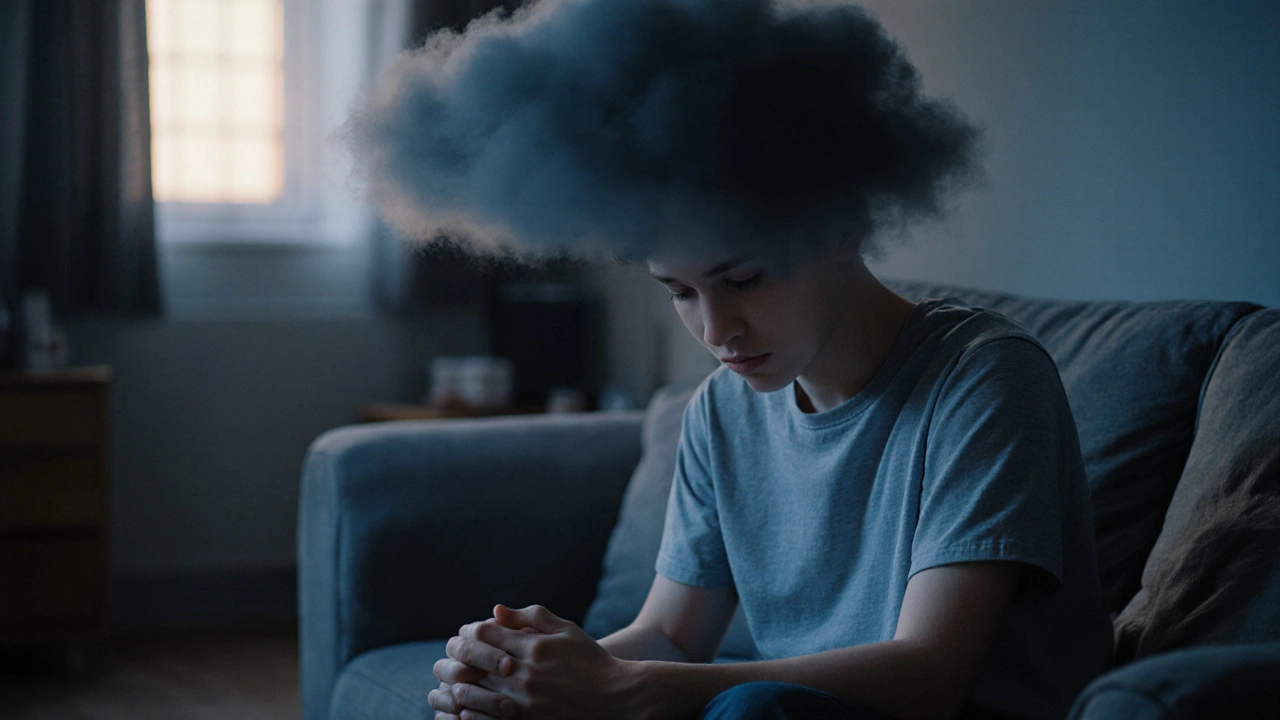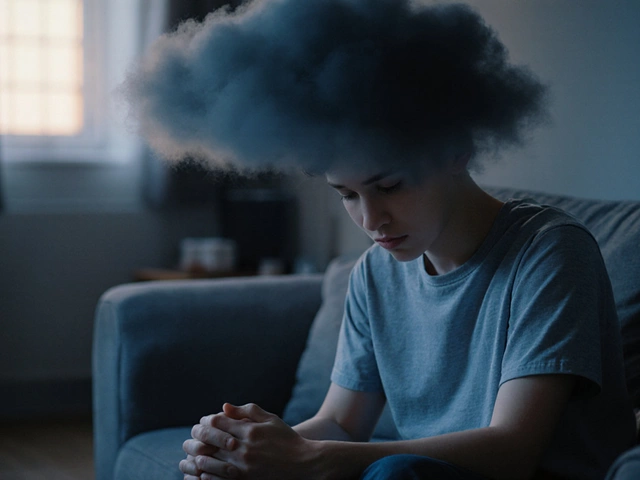Counselling in India: What It Really Means and Who Needs It
When people talk about counselling, a structured conversation with a trained professional to work through emotional, mental, or behavioral challenges. Also known as therapy, it’s not just for crises—it’s for anyone feeling stuck, overwhelmed, or unsure how to move forward. In India, counselling has shifted from being seen as a last resort to a practical tool for daily well-being. More people are realizing that talking through grief, work stress, relationship issues, or even family pressure isn’t weakness—it’s a step toward clarity.
Good counselling doesn’t mean being told what to do. It’s about finding your own answers with someone who listens without judgment. Whether it’s a student struggling with exam pressure, a new parent dealing with postpartum feelings, or someone grieving a loss, counselling offers space to breathe. It’s also linked to other support systems like mental health counselling, a focused approach to treating conditions like anxiety, depression, or trauma using evidence-based techniques, and emotional support, the ongoing, often informal care from friends, family, or community that complements professional help. These aren’t separate—they work together. A person might see a counsellor weekly, talk to a trusted friend daily, and use mindfulness apps in between.
What you get in counselling varies. Some sessions focus on coping with daily stress. Others dig into deep trauma or long-term patterns. In India, counsellors often blend Western methods with cultural understanding—knowing how family expectations, caste, religion, or gender roles shape someone’s inner world. You don’t need a diagnosis to start. You just need to feel like you’re carrying too much alone.
And it’s not just for adults. Teenagers facing bullying, young professionals burning out, elderly parents adjusting to loneliness—all these are common reasons people seek help now. The stigma is fading, slowly. More workplaces offer counselling. Schools are starting to include it. Online platforms make access easier, especially outside big cities.
What you’ll find in the posts below isn’t theory. It’s real talk from people who’ve been there. You’ll read about how therapy helps with anxiety, what to expect in your first session, why some people quit counselling too soon, and how to tell if your counsellor is the right fit. There’s no one-size-fits-all path. But if you’ve ever wondered whether talking to someone could help—you’re already on the right track.
When to Seek Therapy: Signs You Should See a Professional
Find out the key signs you should consider therapy, how to choose the right therapist, and steps to start your mental health journey.





